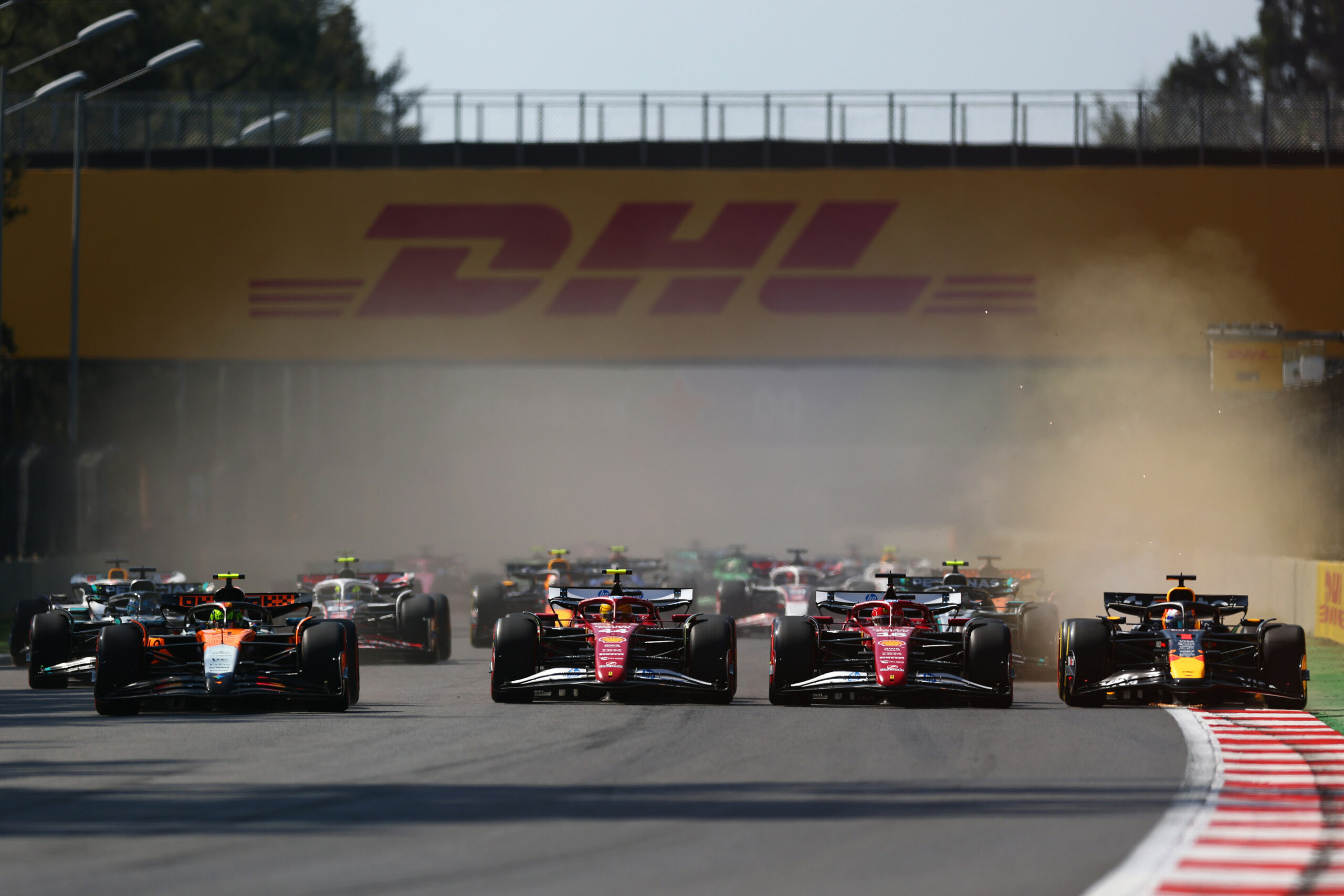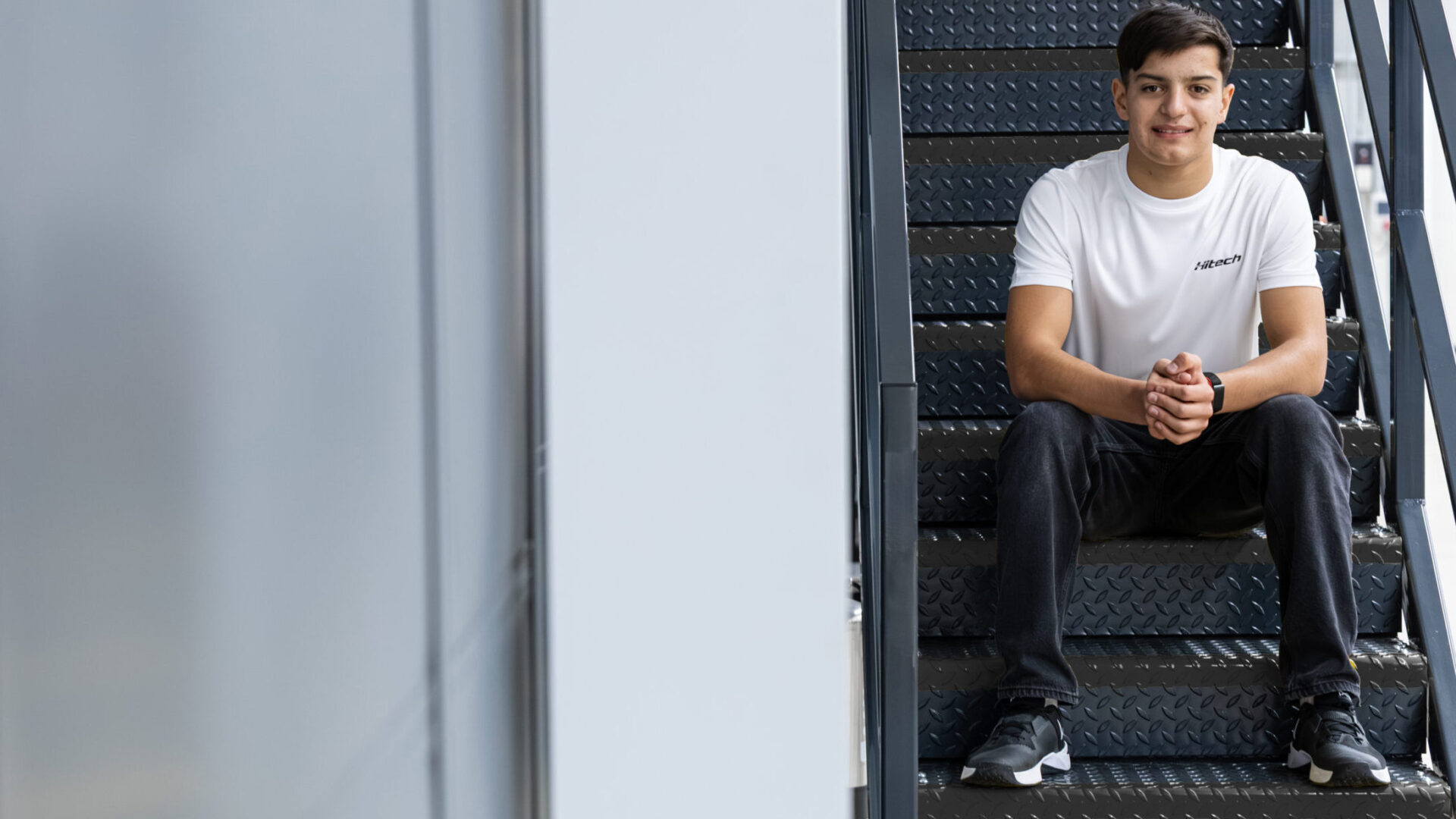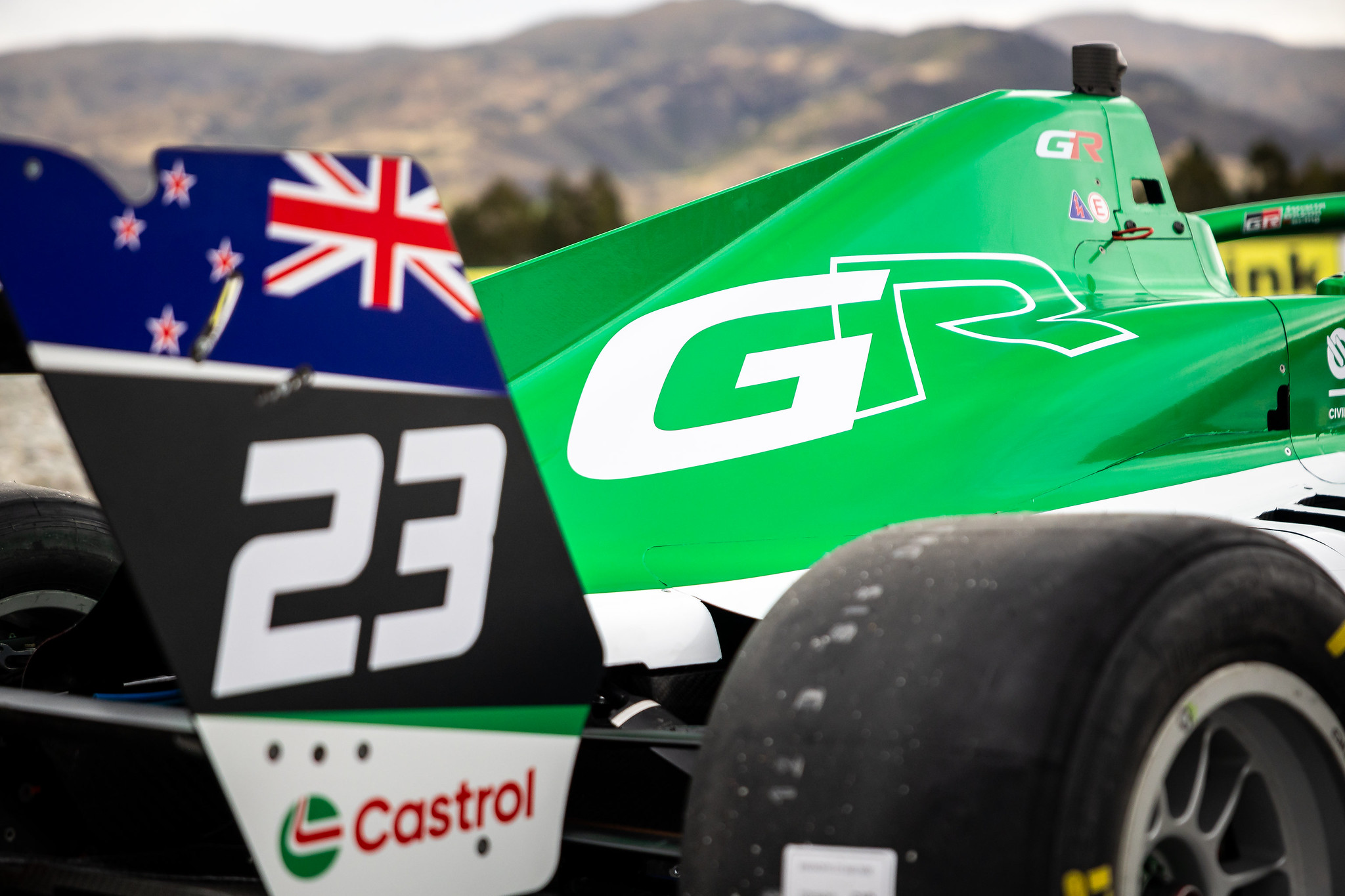Laura Villars, a Swiss racing driver, is taking motorsport’s governing body, the FIA, to court in a battle to open up its presidential election to genuine competition. Villars wants to challenge Mohammed Ben Sulayem for the FIA presidency in December, but the organisation’s own election rules have blocked her and any other potential rival, from standing.
She has now asked a Paris court to halt the 12 December election until judges resolve the dispute. The court will hear the case on 10 November.
‘Protecting democracy, not attacking the FIA’
Villars insists her legal action defends democratic principles rather than pursues personal ambition. A spokesperson told BBC Sport: “This procedure aims to ensure that the FIA’s upcoming presidential election, currently set for 12 December 2025, complies with the organisation’s own statutes and with fundamental democratic principles.”
She bases her challenge on Article 1.3 of the FIA statutes, which commits the FIA to “respect the highest standards of governance, transparency and democracy”. Because the FIA operates as a French-law association with its headquarters in Paris, French courts have jurisdiction over it.
“This step is neither hostile nor political – it is a responsible and constructive initiative to safeguard transparency, ethics and pluralism within global motorsport governance,” Villars explained.
“As I have stated publicly, I am not acting against the FIA. I am acting to protect it. Democracy is not a threat to the FIA; it is its strength.”
An FIA spokesperson told BBC Sport, “Due to the nature of the process, the FIA is unable to comment on this legal action and will not be able to provide further comment on this matter.”
How the rules lock out challengers
A technical requirement in the FIA’s election regulations has created what critics call an impossible barrier for alternative candidates.
Presidential hopefuls must name their prospective vice-presidents for sport, choosing one person from each of the FIA’s six global regions. They can only select these individuals from the list of candidates eligible to sit on the FIA world motorsport council.
The problem? This year’s world council list includes just one South American candidate—Fabiana Ecclestone, wife of former F1 boss Bernie Ecclestone. She already serves on Ben Sulayem’s team.
Without another South American option, no rival candidate can complete their required list of vice-presidents. The rules therefore exclude everyone except Ben Sulayem from the race.
Tim Mayer, another would-be candidate, abandoned his campaign earlier this month after accusing the FIA of “lacking transparency” and creating “the illusion of democracy”.
In response, an FIA spokesperson said, “The FIA presidential election is a structured and democratic process, to ensure fairness and integrity at every stage.”
However, Mayer told BBC Sport on Wednesday, “As we disclosed in Austin, Texas, we have submitted ethics complaints in relation to the election. To date we have not even received an acknowledgement from the FIA.”
“This is typical of our experience of the handling of the election by the FIA and mirrors the experience of Laura’s campaign.”
Mediation and potential outcomes
Villars said the court had invited both parties to a mediation meeting and that she would attend it “in a spirit of openness and good faith”.
“I will go to this mediation hearing with the same attitude I have maintained from the beginning – calm, openness, and determination,” she said.
She continued, “I hope it will finally lead to a sincere dialogue in the service of a FIA that is more modern, fair, and connected to its members.”
“I have twice tried to open a constructive dialogue with the FIA on essential matters such as internal democracy and the transparency of electoral rules. The responses received were not up to the challenge.”
Her barrister, Robin Binsard, said. “We have obtained authorisation for an hour-to-hour emergency summons, which demonstrates that the court is taking seriously the serious democratic failings within the FIA, as well as several violations of its statutes and regulations that we have denounced.”
If Villars wins her case, the court will probably stop the presidential process whilst investigators examine what governance changes the FIA needs to make. Should this investigation run beyond the election date, Ben Sulayem would stay in power but operate under a caretaker mandate that prevents him from making major decisions or implementing significant changes. The courts could appoint an external caretaker to enforce these restrictions.
Past challenges to FIA elections
Others have challenged the FIA’s electoral process before. Briton David Ward succeeded in getting an injunction when he stood against Jean Todt in 2013, whilst former rally driver Ari Vatanen entered mediation when he challenged Todt in 2009 following Max Mosley’s decision not to run again.
Despite their legal victories in court, both Ward and Vatanen lost their elections. Whether Villars will break this pattern remains uncertain, but her case could force fundamental changes to how one of motorsport’s most powerful institutions governs itself.





